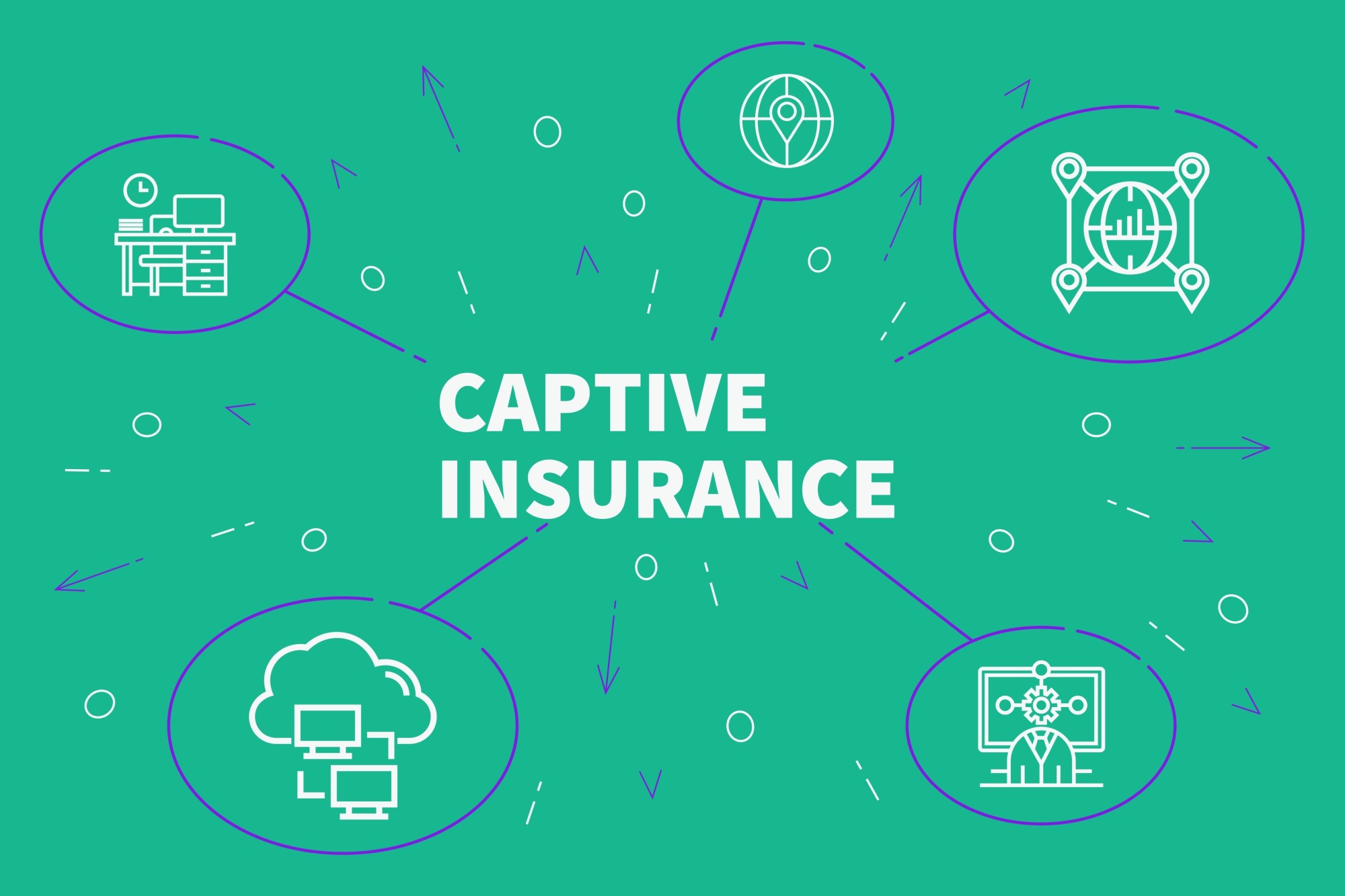
What is Captive Insurance: A Guide on Everything to Know
In 2019, the United States has 29 captive domiciles including 28 states and the District of Columbia. According to experts, 3,244 captive insurers are established in these domiciles. You might’ve heard about these insurers, but don’t know why you should consider it.
Business owners often face challenges getting insured. Depending on your case, a captive insurance company may be able to cover your business. Not sure why you should consider these insurance companies?
We’ve got you covered. We’ll tell you everything you need to know from what is captive insurance to why consider creating an insurer. Keep reading for your complete guide to protecting your business today!
Should You Create a Captive Insurance Company?
About 90% of Fortune 500 companies have created captive insurance companies to protect their business. Depending on your industry, you may face challenges getting the insurance coverage you need to protect your business. A captive insurance company can protect businesses from damages related to its products or services that aren’t insured by traditional insurance companies.
Product and medical malpractice liability claims are some examples of damages that typical commercial insurance may not cover. Creating an insurance captive can also help you lower your current insurance expenses. Insurers often see captive insurance as a positive risk aversion strategy.
Creating this company is a complex and costly process that can put a dent in your business financials. However, businesses big and small can take advantage of using captive insurance programs.
If you own a small business, you can name a family trustee as the owner of your captive insurance company. The process and requirements to create this company may vary on a state basis. It’s vital to consult a legal expert to make sure you follow the necessary guidelines to establish this entity.
What Is Captive Insurance
This term refers to when a subsidiary is created to protect a group of companies or its parent company from exposure to risk. Due to the cost and its complexity, this practice is more common with large companies.
Captive insurance provides benefits such as tax-exempt or deferred premiums, improving your business cash flow and tailored insurance policies. When you use this type of coverage to protect small family businesses, you’ll protect the assets of the captive company from creditors of family members or the parent company.
Why Consider a Captive Insurance Program
Businesses at risk of product liability or other costly claims should consider obtaining this type of insurance coverage. This coverage will protect your business from costly liability claims.
Learning what is captive insurance is the first step to protecting your business assets. However, you should consider consulting an insurance expert to make sure it’s your best option.
Keep in mind that setting up a captive insurance company is an expensive and complex process. While this type of coverage can lower your insurance cost in the long run, it doesn’t fit all businesses. Before investing in this insurance, you should take a hard look at your business financials to make sure your business can fund this operation.
Did you find this article interesting? Check out the rest of our site for more insightful articles.
